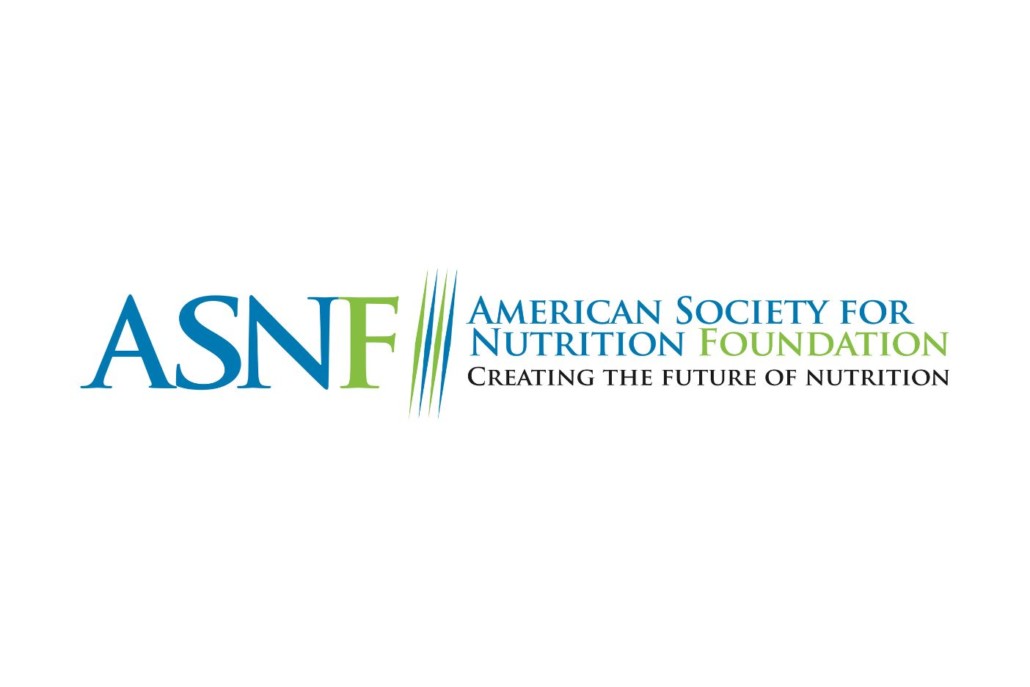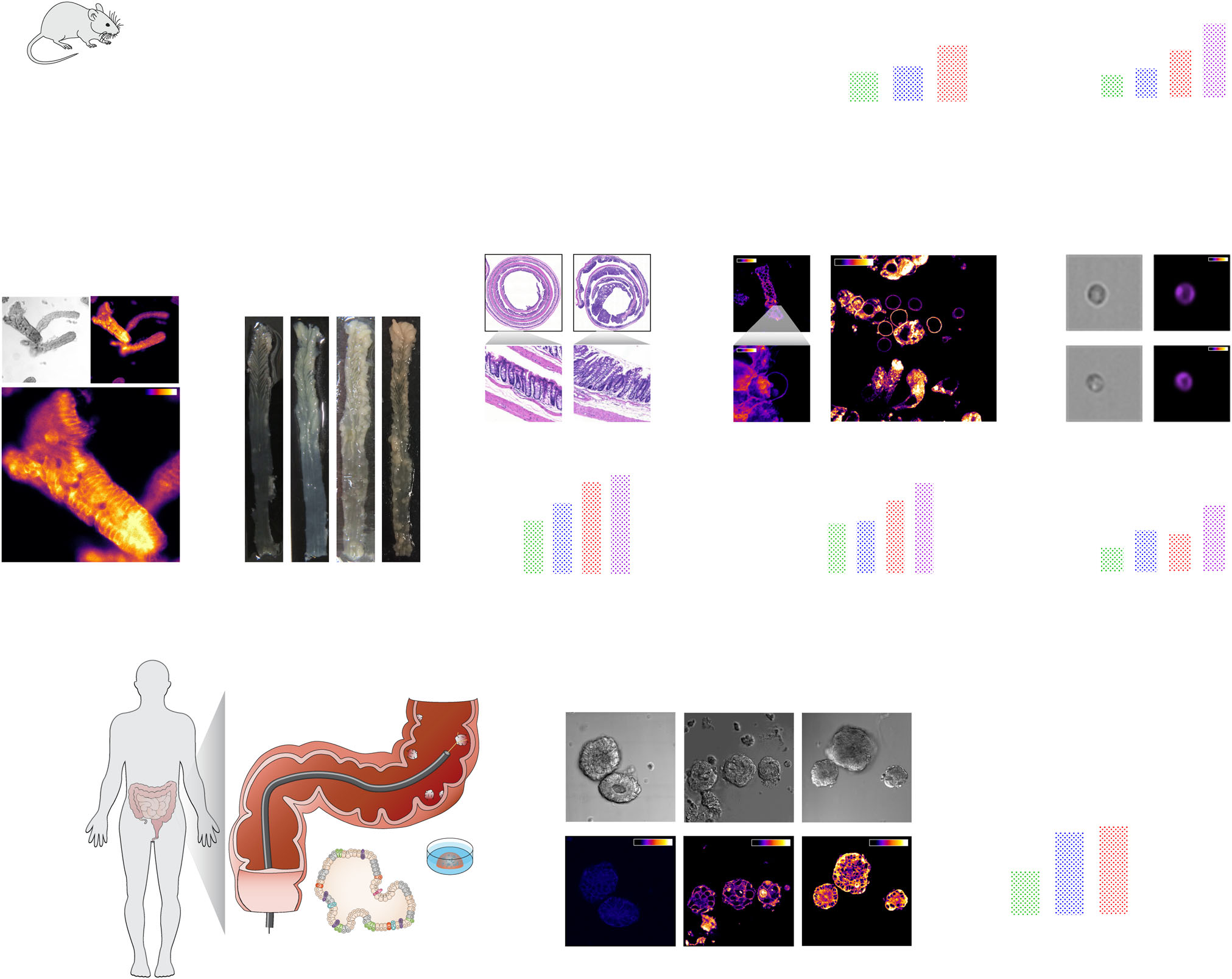Author: Elizabeth Szymanski
-
American Society for Nutrition Foundation Announces Class of 2024 Fellows
April 1, 2024 by ASN Staff ASN’s Class of 2024 Fellows will be honored in Chicago at NUTRITION 2024, the largest nutrition meeting of the year. Rockville, MD (April 1, 2024) – The American Society for Nutrition (ASN) and ASN Foundation are thrilled to announce the 15 distinguished luminaries who will be inducted into the ASN…
-
Texas A&M AgriLife researcher receives $4 million grant to study feeding intolerance in preterm infants
Novel noninvasive method allows for precise diagnosis of feeding intolerance severity AgriLife Today Article For infants, especially those born prematurely, nutrient absorption and proper development go hand in hand. However, no precise measures or clinical tools exist to measure nutrient absorption or to reliably differentiate between benign and life-threatening symptoms in the preterm infant. When…
-
Nutritional and clinical predictors of intestinal maturation and feeding tolerance in the preterm infant
Major Goals: Annotate host exfoliated mucosal cell transcriptome, i.e., exfoliome, and fecal bacterial metagenome and metabolome profiles to identify biomarkers for preterm infants who have consistent tolerance to enteral feeding or who are diagnosed with feeding intolerance or ischemia. Status of Support: Active Project Number: RO1 HD112396-01 Name of PD/PI: Multi-PI Chapkin/Donovan Source of Support:…
-
Texas A&M University Faculty Affairs
Congratulates Dr. Robert Chapkin for ASN Award
-
BREAKTHROUGH IN Wnt SIGNALING PUBLISHED!
Breakthrough publication! Our recent paper in Nature Communications explains the novel structure-function mechanism by which cholesterol promotes colon cancer. From a functional perspective, Wnt factors organize to form specialized plasma membrane (PM) domains. Dysregulation of Wnt domain structure can promote oncogenic Wnt signaling. Here, we describe an intricate Wnt signaling-associated mechanism involving oncogenic truncated APC…





